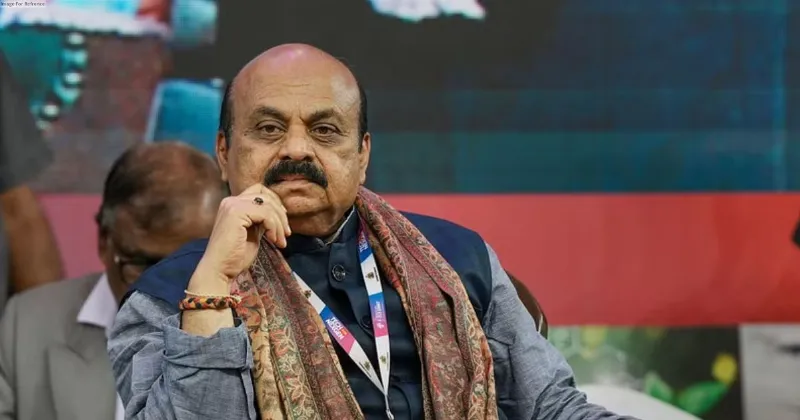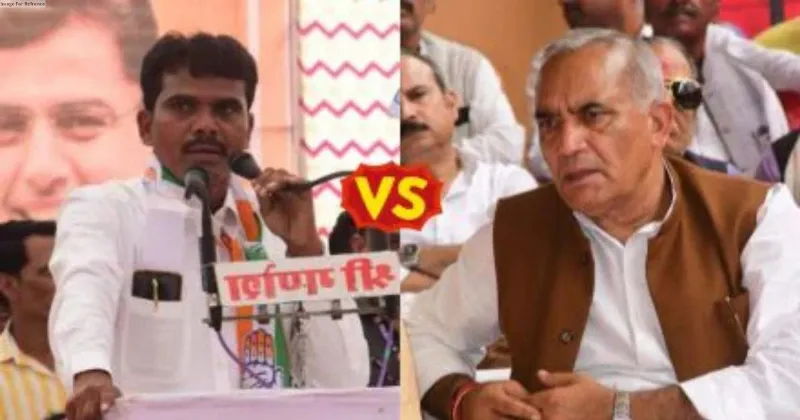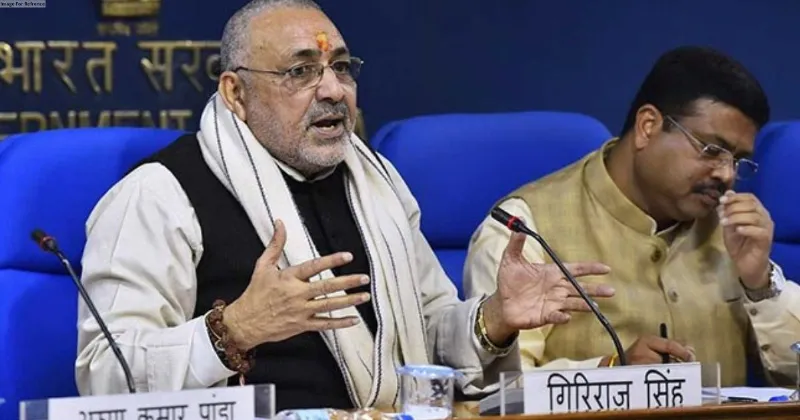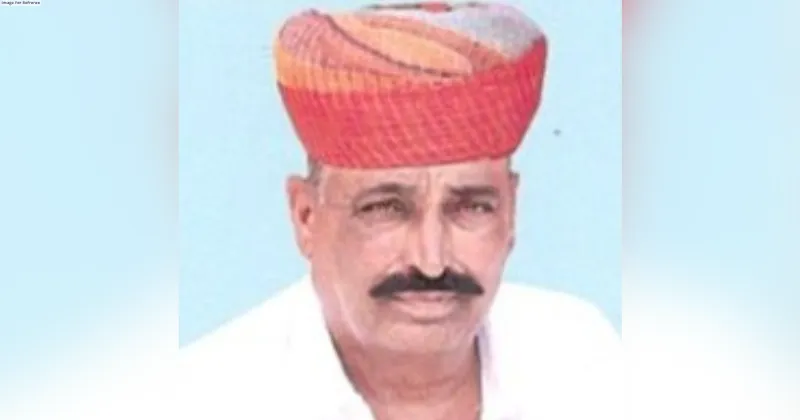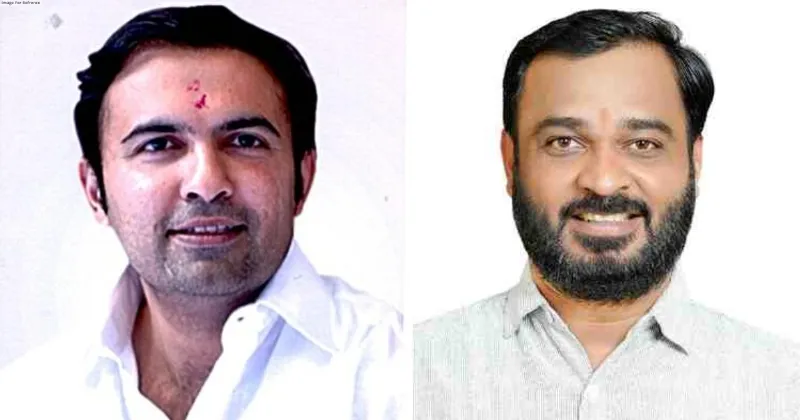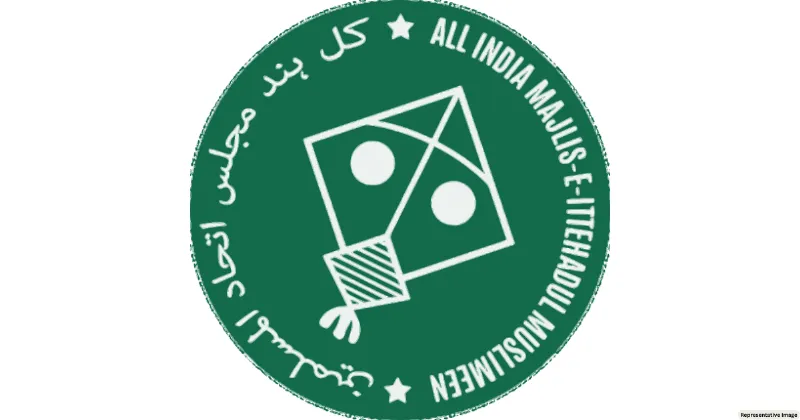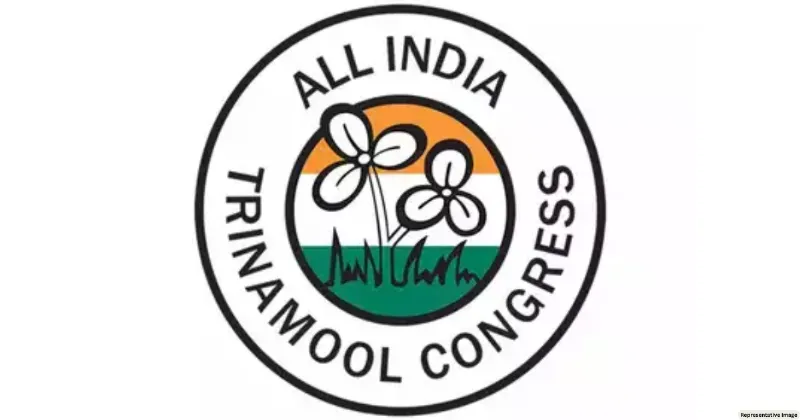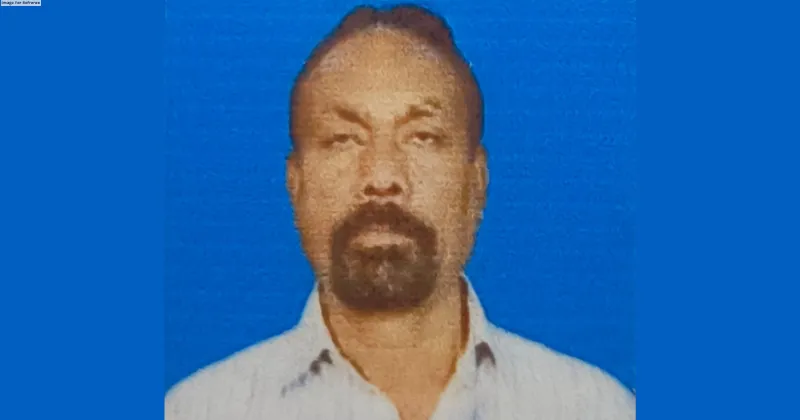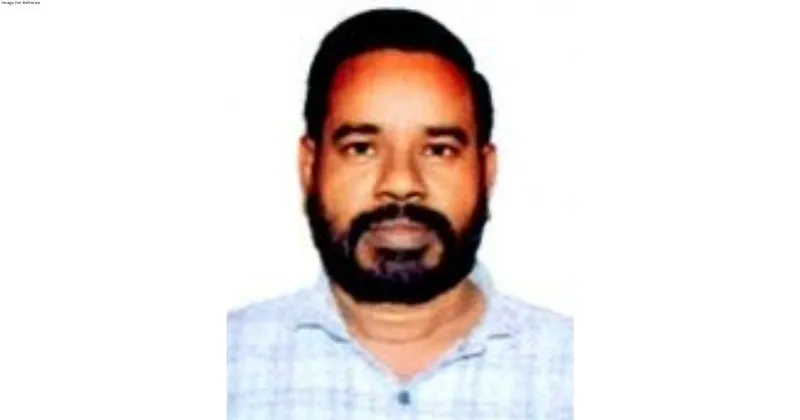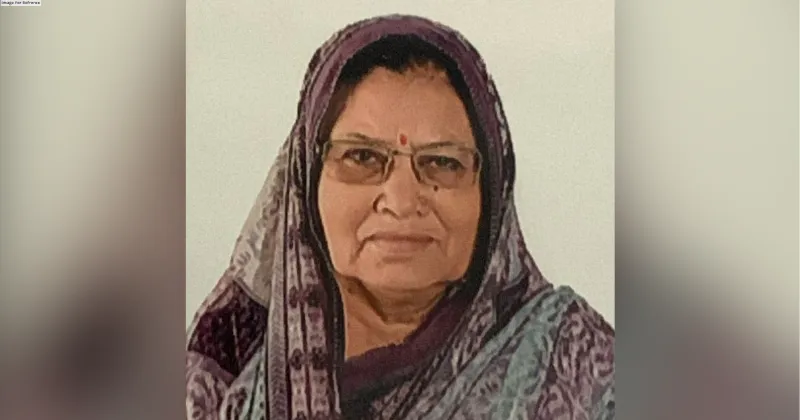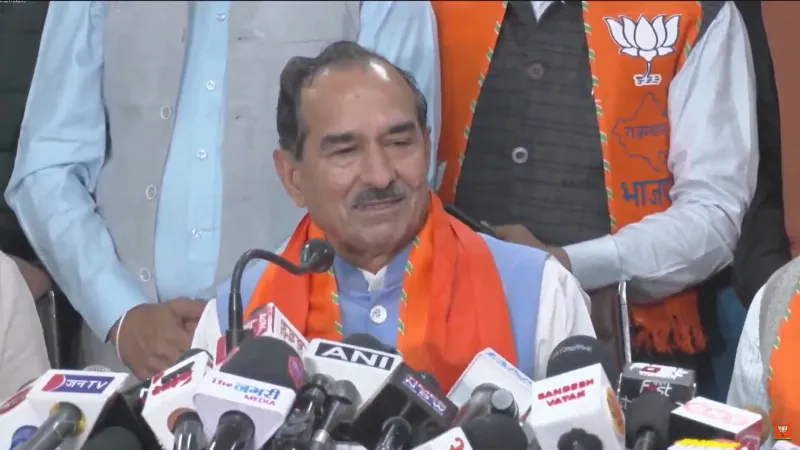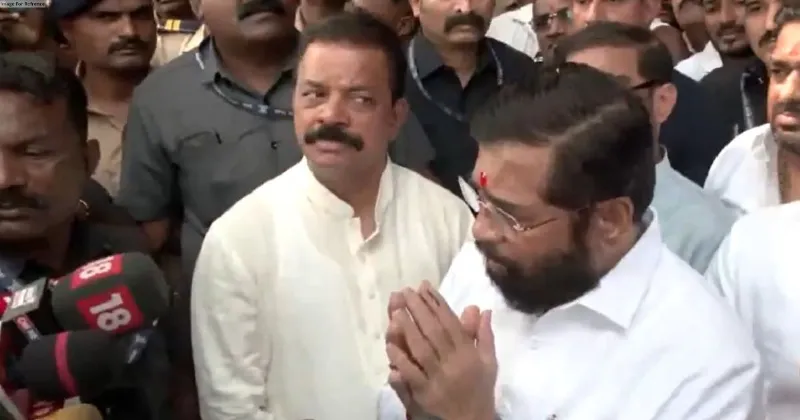Latest News
Karima Baloch’s husband blames Pakistan’s ISI for her killing, asks Canadian govt to reopen case

Geneva: The husband of Baloch political activist Karima Baloch, who was mysteriously killed in Toronto in 2020, has accused Pakistan’s ISI of killing her and asked the Canadian government to reopen the investigation.
Hammal Haider participated in a protest in front of the United Nations in Geneva to demand justice for Karima Baloch and other Baloch political activists killed in Pakistan and foreign soils.
The protest was organized by Baloch National Movement (BNM) during the 54th Session of Human Rights Council.
Hammal said, “We believe that the Canadian government and Canadian justice system didn’t do well for Karima Baloch who died in suspicious manner and suspicious circumstances and we have been requesting the Canadian government to investigate her case. But, we have seen no interest from the Canadian government. So, it is our firm belief that the Canadian government is not concerned about our activists living in Canada and they are not interested in the Karima Baloch case”.
He added, “She was a high profile politician and her assassination was taken up by all the international media. All over Balochistan, the people are demanding a thorough investigation in her case. But, unfortunately we have not seen anything from Trudeau’s government or Canadian government right now. So, we are trying our best to pursue this legally and pressurize the Trudeau government to start a new investigation in Karima Baloch’s case”.
Karima, who was listed by the BBC in its 100 most inspirational and influential women for her work in human rights, was granted asylum in Canada in 2016.
Hammal Haider said that Karima was getting several life threats because of her work towards human rights in Balochistan.
He said, “We believe that the Pakistani intelligence agency is behind Karima’s killing because they have also been trying to kill other activists abroad. Ahmad Waqass Goraya is a prime example and we have some information that they are also gathering information about other political activists. So, there is no doubt that the Pakistani military establishment, especially the Pakistani ISI is behind killing”.
The protest in front of the UN was joined by over a dozen of BNM activists who raised slogans like Balochistan is not Pakistan”, “down with Pakistan”, “Baloch want freedom”, “fascist state Pakistan”, and “Stop Baloch Genocide”.
Dr. Naseem Baloch, Chairman of Baloch National Movement said, “Pakistan Army has been doing barbarism in Balochistan for over seven decades and the world is aware about this. But, we were also aware that activists living abroad will also be targeted”.
He added, “Karima Baloch had revealed about the threats she was receiving. She was bravely engaged in her struggle despite her maternal uncle was abducted and killed by the Pakistani agencies. And one day we got the news about Karima’s death. Whatever she revealed before her death it clearly indicates the kind of threats Baloch diaspora has been facing”.
A large number of political activists and other intellectuals in Balochistan have disappeared. Many of them are tortured and extra-judicially killed by the Pakistan army and other secret agencies.
A large number of Baloch who migrated to foreign countries to protect their lives are now feeling unsafe after the death of Karima Baloch in Canada and journalist Sajid Hussain Baloch in Sweden in 2020.
Karima Baloch was a Baloch human rights activist and a dissident. She was granted asylum in Canada in 2016. She was found dead after having gone missing in Dec 2020 in Toronto.
She was slated to be buried on January 25, but, before the corpse could be transported from Karachi to Balochistan, Pakistani authorities forcibly took Karima's body along with her family from the airport to her hometown, Balochwarna reported.
Later, she was buried under Army watch as thousands who came to pay their last respect weren't allowed near her, the Balochistan Times reported. Prior to her burial, the mobile services were suspended in the district, and Tump and surrounding areas were put under strict lockdown.
Karima's death sparked protests across Europe and North America as the Baloch diaspora took to the streets in Toronto, Berlin and Netherlands calling on the Canadian government to investigate.
Karima had campaigned vigorously against the disappearances and human rights violations in the troubled Balochistan province of Pakistan.

